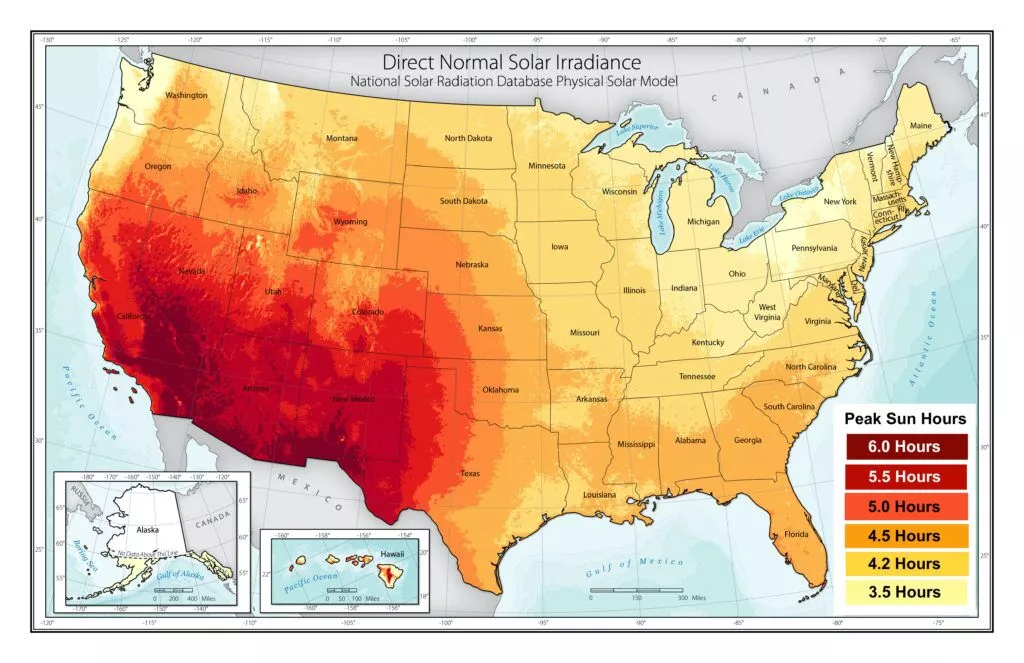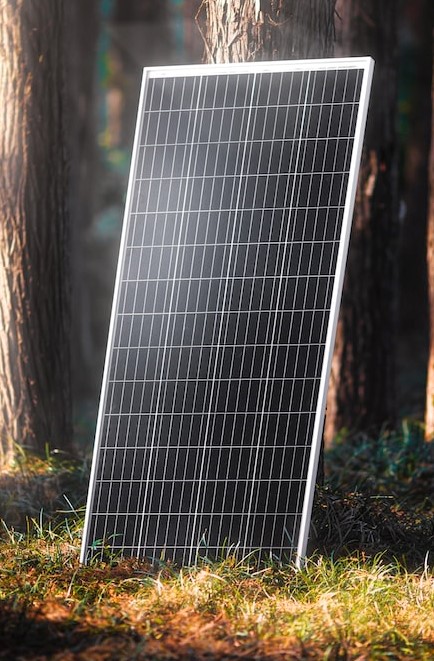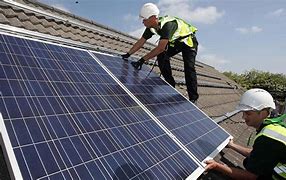Many people in Rockwall, Texas, always ask me this question. Are solar panels worth It? I usually answer, YES, solar panels are worth it for most people that live in Rockwall County. There are always a few people that probably should not get them for one reason or another. The Solar Rockwall site was made, so people looking for information can easily find a person to call.
Solar Panel Information
Here are some reasons why some people should not get solar panels in Rockwall;
- They do not own the house they are living in.
- Their credit is so bad that they cannot get a solar energy loan.
- They are negative towards solar and could never be made happy.
- Their roof is in horrible condition, and they will not replace it.
- The quoted price on the solar panel system is too high or low quality.
The last reason can be fixed by getting several more quotes from solar panel installers. At Solar Rockwall, we encourage our customers to get quotes from several other solar companies.
There may be other reasons why solar panels are not worth it, but these are the ones that I can think of at this time.
Solar PV panels are showing up on many people’s rooftops here lately. Also, next-door neighbors you may have never expected are taking the solar energy plunge. With this rupture of passion and government motivations, many people ask themselves, are solar panels worth it?
Check out the map below to discover if solar panels are worth it in your area and which states are best overall. That’s simply what we’ll have a look at in this write-up. We’ll talk about a few of the most vital indications when deciding if solar power is the ideal choice for your house or if it’s simply a costly trend that people are taking.

Exactly How Do Solar Energy Panels Work?

Solar-powered panels aren’t brand-new innovations. However, they still have a cloud of secrets bordering exactly how they function. Fortunately is that solar isn’t all that complex.
Solar PV panels include a bunch of small photovoltaic cells put together to make a larger panel. When faced with sunlight, these cells collect the sun’s power and transform it into electric fees. During this procedure, photons; are the light bits that take electrons off atoms, creating an electrical circulation.
The electrical power produced by this process is direct existing, or “DC.” The problem is that our electric systems utilize rotating existing, or “A/C.” For this reason, solar panel systems require inverters to transform DC into practical AC electricity. This inverter is set up between the solar PV panels and the house’s electric system.
Sometimes, the solar system might feed a bank of batteries, permitting the house to store electrical power overnight or when gloomy problems protect against efficient electrical manufacturing. In various other instances, the system might wire straight into the house’s power grid, permitting the user to back-feed electricity to the utility firm, often for earnings.
Depending on the dimension of the system, a solar system like the one defined above can significantly reduce a homeowner’s utility expense. Sometimes, the system’s production may balance out the bill entirely. Nevertheless, this depends upon numerous variables, which may determine whether solar deserves it.
Which Homes Benefit the Most From Solar Panels?
Specific homes benefit from solar more than others. When making a substantial ahead-of-time investment (approximately $25,000 in many cases), knowing if the house can maximize solar power is vital. Much of this concerns the placement of their rooftop in connection to the southern sky.
Speaking especially for residences in North America, homes with a south-facing roof structure area are far better candidates for solar than those with eastern- and west-facing roof structures. Also, houses without tall trees or facilities obstructing the skies to their south will profit much more from solar energy than those beside tall structures or butted up versus forests on their southerly side.
When Are Solar Panels Worth It?
There are times when solar PV panels seem to be worth it. It does depend upon a few elements, nonetheless.
The area of the world in which the house is matters. The closer a residence is to the equator, the stronger the sun’s intensity will undoubtedly be and the extra possible power the solar system can create. These houses will certainly see a more significant benefit regarding power production than residences in the different northern latitudes.
Likewise, consider the utility business. For example, in places where electrical energy is much more costly, California, Connecticut, Massachusetts, and New York will undoubtedly profit more from solar panels than those where electrical power is relatively affordable in Louisiana, Washington, Oregon, and North Carolina.
Federal, Local and State Tax Incentives
Relying on the system’s cost and the taxpayer’s finances can be enough to consider. Particular incentive programs may make installing solar panels worth the financial investment. For instance, individuals mounting solar panels between 2022 and 2032 might benefit from a dollar-for-dollar solar power tax obligation credit score of approximately 30% of the system’s total expense.
Second, several states and areas provide similar credit ratings, discounts, or exemptions. For circumstances, New York (among the most expensive states to buy electrical power) offers dollar-per-watt refunds, as much as $5,000 in a tax deduction, sales tax obligation exceptions, and credit scores back on utility costs for generating even more wattage than taken in.
Power Bills and Consumption
Both main points of a solar system are to lower the property owner’s dependence on non-renewable power and reduce their energy expenses. In many cases, a solar panel system can reduce the homeowner’s electrical power usage, lowering their energy expense.
Yet, in perfect problems, the best solar panel system may make the property owner money. As the system produces even more electrical energy than the home usages, the property owners might be able to market the extra wattage to the utility company for a couple of dollars each month. While it’s not likely to offset the bill’s cost and the installment completely, it’s cash coming into the home that had not been in the past.
Solar Rockwall answers the ? – Are solar panels worth it?
Several parts of a solar energy system depend on one another to work. Solar systems need inverters to transform DC right into usable AC electrical power. Depending on the dimension of the system, a solar power system such as the one explained above can considerably lower a property owner’s utility expense. The closer a home is to the equator, the more influential the sun’s intensity and the extra potential power the solar system can develop. The finest solar panel system might make the homeowner money in perfect conditions. Individuals setting up solar PV panels between 2022 as well as 2032 may take benefit from a dollar-for-dollar solar tax obligation credit report of up to 30% of the system’s total price.
With the 30% tax credit, it makes the question; Are solar panels worth it? — an actual reality come true. A 30% solar tax credit is an incredible deal for all Solar Rockwall homeowners.


